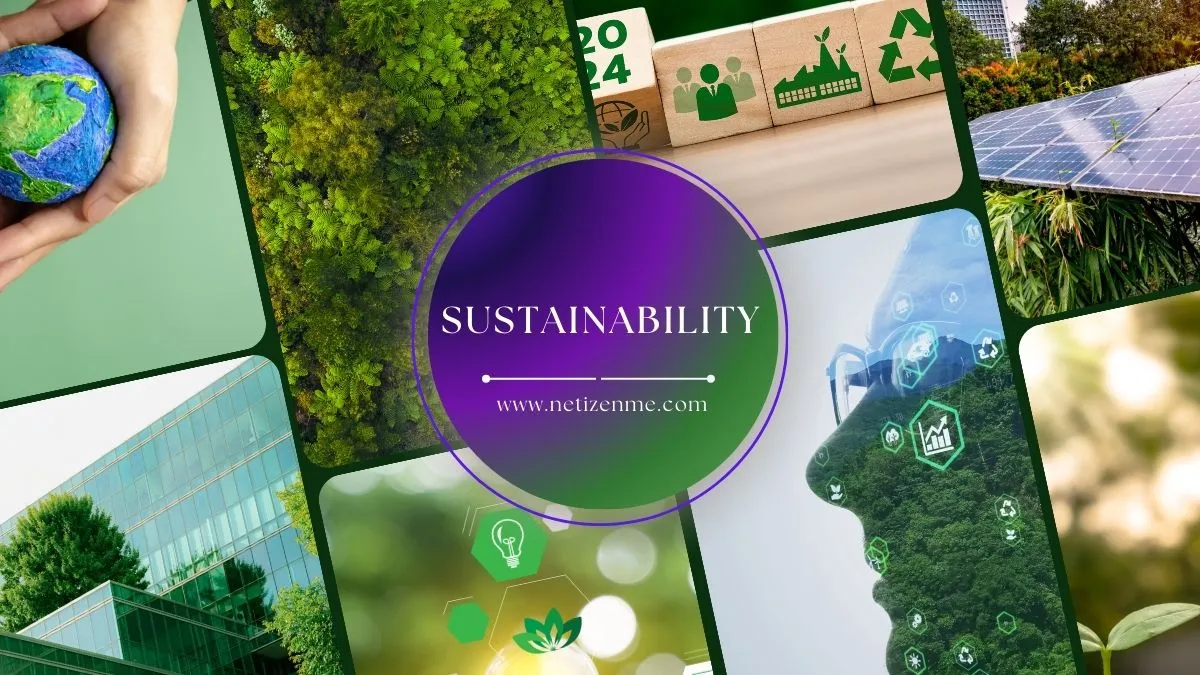In recent years, global interest in renewable energy sources has surged. This shift can be attributed to various factors, including environmental concerns, technological advancements, and economic incentives. What exactly does renewable energy mean? In this article, we will explore its significance, focusing on two prominent sources: solar energy and hydroelectricity.
Renewable Energy: A Sustainable Solution
Understanding Renewable Energy
Unlike fossil fuels, renewable energy sources are sustainable and can never be exhausted. Solar energy, for instance, relies on the sun’s perpetual existence, while hydro-electricity harnesses the power of water flow. These sources are abundant and eco-friendly, with minimal to zero carbon emissions, earning them the title of “clean energy.”
Solar Energy: Harnessing the Power of the Sun
Solar energy has been used for millennia, but modern advancements in solar cell technology have revolutionized its application. Photovoltaic cells now efficiently convert sunlight into electricity, powering homes, businesses, and even entire solar farms. Despite its immense potential, weather conditions and infrastructure development limit solar energy’s utilization.
Although solar energy offers a promising solution to our energy needs, it faces challenges such as high installation costs and infrastructure requirements. However, countries worldwide are increasingly investing in solar energy projects to reduce reliance on fossil fuels and mitigate climate change.
Hydro-Electricity: Tapping into Nature’s Power
Hydroelectricity, generated by harnessing water flow through dams, is one of the most commercially developed renewable energy sources. It accounts for significant global electricity production and is valued for its reliability and scalability. However, dam construction poses environmental challenges, including habitat destruction and methane emissions.
Global Perspectives and Local Impacts
Countries worldwide increasingly recognize the potential of renewable energy to meet their energy demands sustainably.
In Sri Lanka, for example, solar power and hydropower play vital roles in the national energy mix. Similarly, nations like Germany have made significant strides in integrating renewable energy sources like wind and biomass into their energy portfolios. In Scandinavia, countries such as Norway and Sweden rely heavily on hydroelectric power for their electricity needs.
Despite challenges such as high installation costs, these renewable sources offer long-term energy security and environmental preservation benefits. By diversifying their energy sources and reducing reliance on fossil fuels, countries can mitigate the impacts of climate change and create a more sustainable future.
The Path to a Sustainable Future
As we look to the future, the transition to renewable energy is crucial for combating climate change and ensuring a sustainable future. With technological advancements and supportive policies, renewable energy sources can replace fossil fuels entirely. By embracing clean energy solutions, we can reduce our reliance on finite resources and create a more resilient and equitable world.
Blue Energy: Harnessing Sustainable Power from Salinity Gradients
Embracing Renewable Energy
In conclusion, renewable energy represents a sustainable solution to our energy needs. Solar energy and hydroelectricity, among other sources, offer clean, abundant, and eco-friendly alternatives to fossil fuels. Despite challenges, the global shift towards renewable energy signals a hopeful future for our planet. Investing in renewable energy infrastructure and adopting clean energy policies can create a more sustainable and prosperous world for future generations.
This article is written by:
Our professional writers and editors are passionate about sharing high-quality information and insights with our audience. We conduct diligent research, maintain fact-checking protocols, and prioritize accuracy and integrity to the best of our capacity.
You can cite our articles under the author name "Netizenme"




